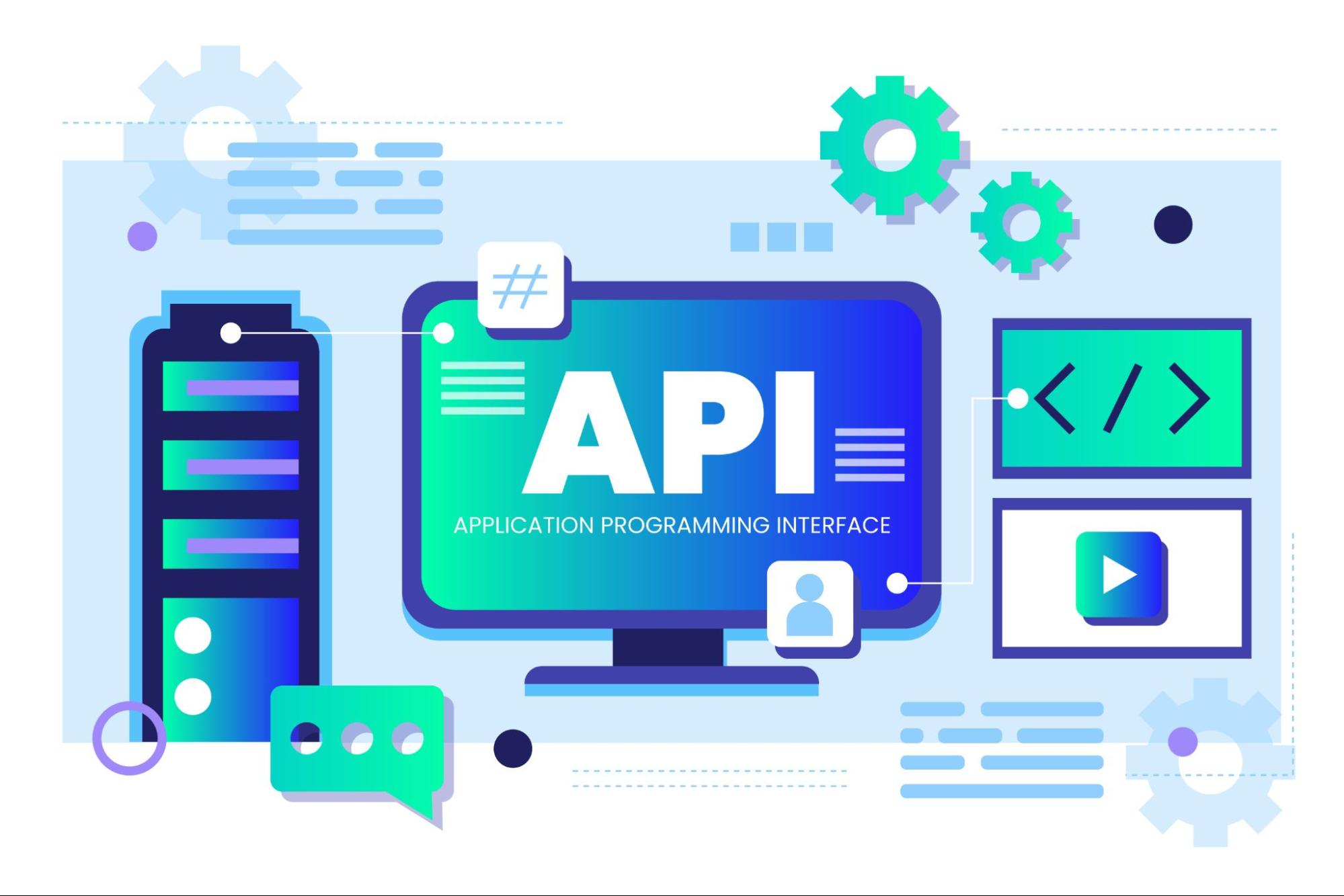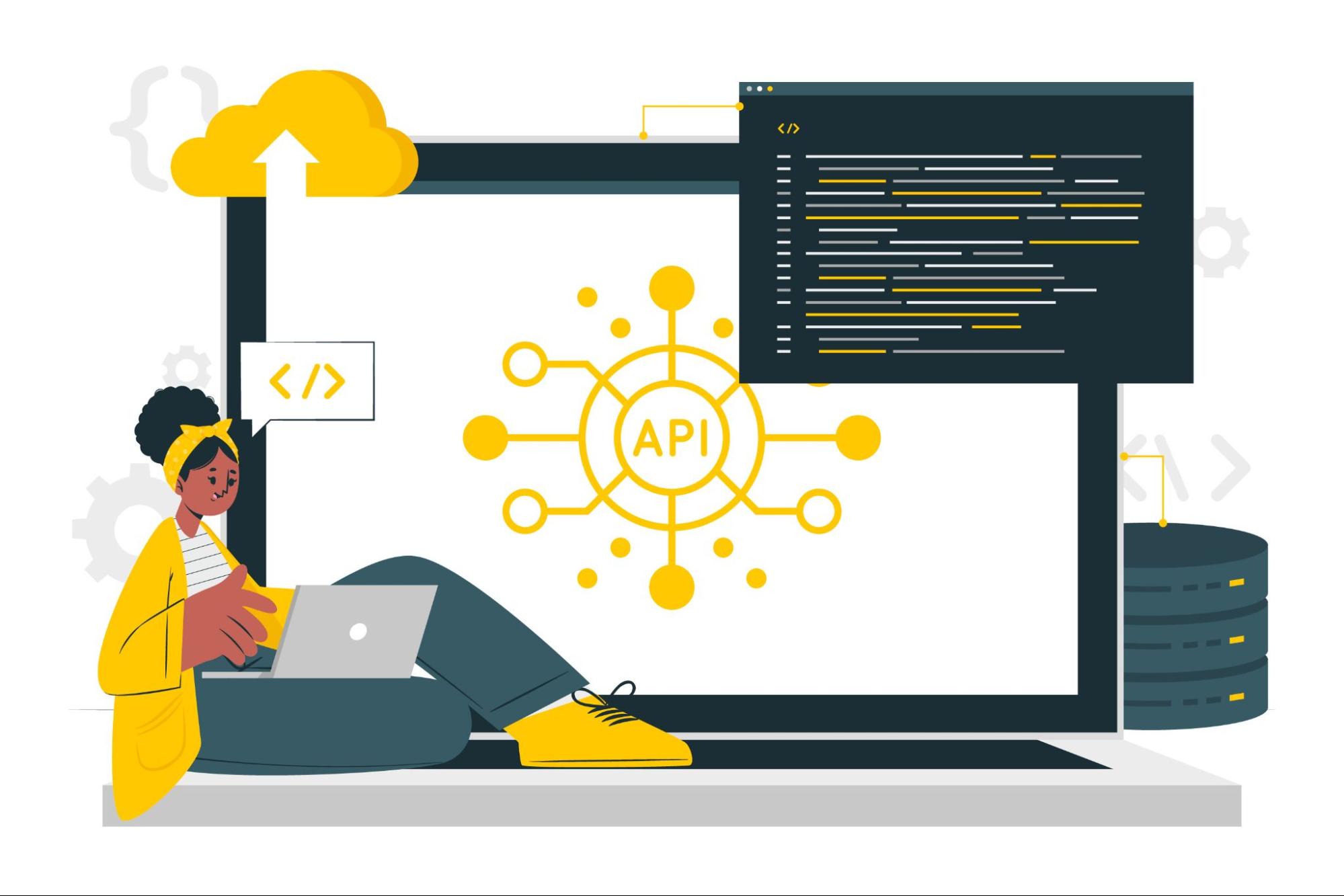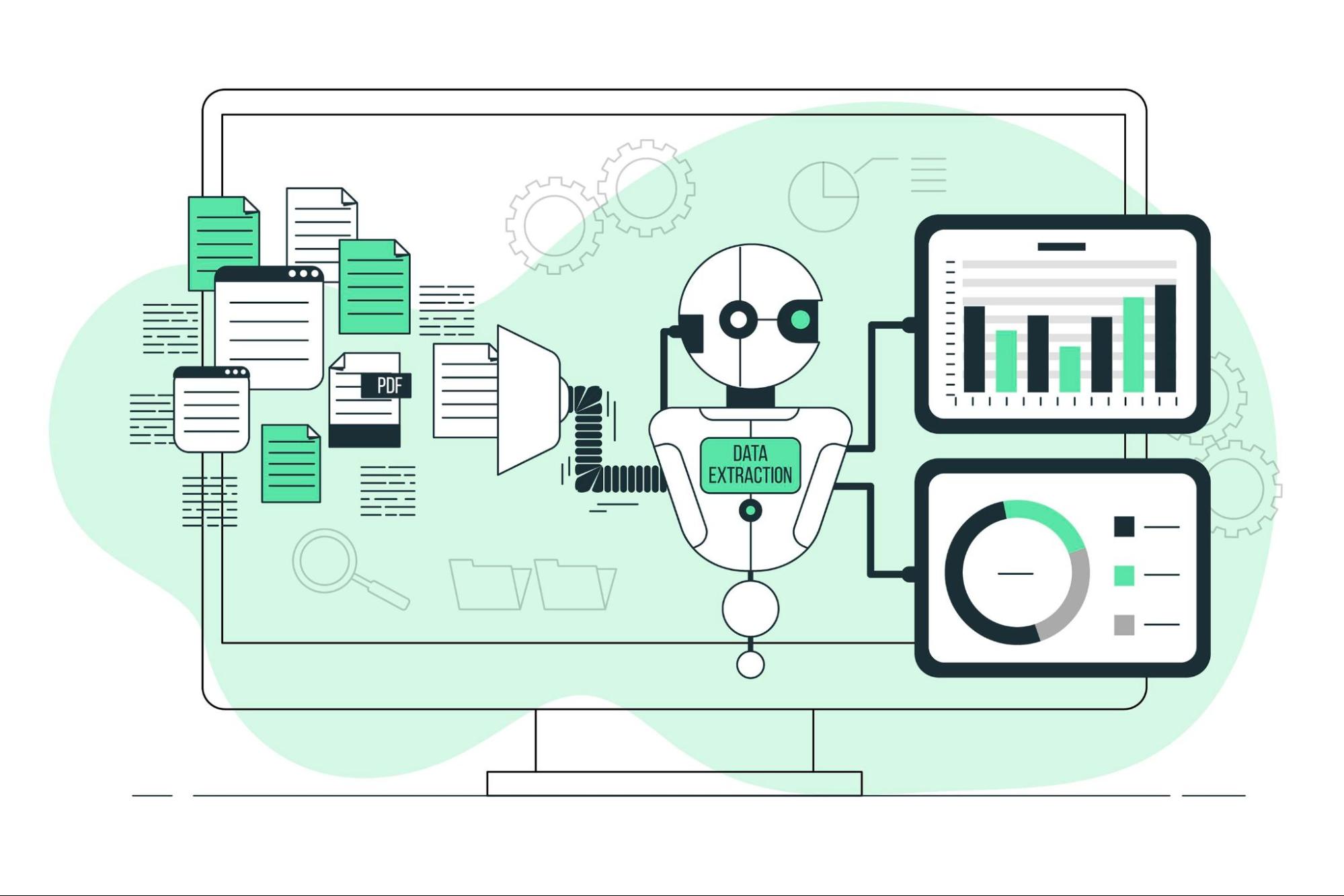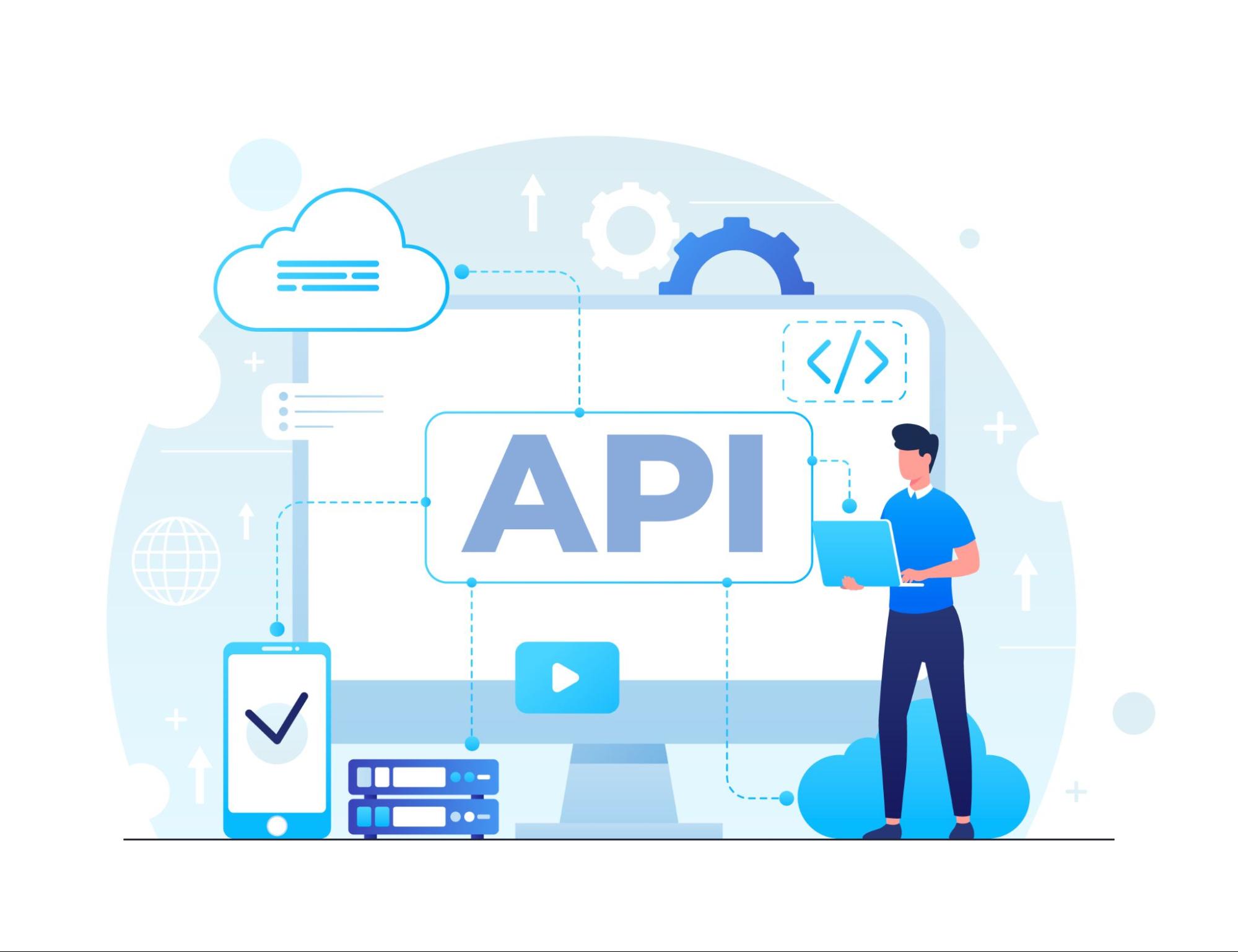Creating mock-ups or mock system components is becoming increasingly crucial in modern development. It opens up various development and testing workflows, significantly boosting the agility of development teams in large enterprises with complex systems.
Similar to testing, mocking can be applied at different levels, such as code, API, service, and infrastructure. It serves both functional and non-functional purposes. API mocking, in particular, is incredibly empowering for your development and testing teams in their day-to-day tasks.
What is API Mocking?

API mocking is the practice of creating simulated versions of software components, often referred to as mocks, stubs, simulations, or virtualizations. The concept of these terms in the mock API is the same: instead of using the actual software component, an API replacement version is created and used. However, these may lack the functional and non-functional characteristics of the original component.
The terms applicable depends on the degree to which the mock-up corresponds to the actual API:
-
Stubbing: placeholder without real functionality
-
Mocking: basic functionality required for development purposes or specific testing
-
Simulation: complete functionality for development or testing
-
Virtualization: imulation deployed into an operational, manageable, and controllable environment
Due to its feature of integrating components with its surroundings, API mocking has other valuable benefits.
Common API Mocking Scenarios

Mocking During Development
During development, developers often need to write code that interacts with other system components through APIs. However, accessing these systems directly may not always be feasible or advisable. There could be issues like security concerns performance limitations, or the systems might not even exist yet.
This is where mock API becomes invaluable. Instead of relying on the actual external dependencies, developers create mock versions of these dependencies. These mock API are designed to simulate the behavior of the real components, allowing developers to make necessary calls and receive similar results as they would from the actual components. This enables development to progress smoothly without being hindered by the potential unavailability of external systems.
Mocking For Functional Tests

Mock API for testing is similar to development. Sometimes, components may be inaccessible due to security, performance, maintenance, or non-existence issues. In such cases, creating a basic mock of the component under test can suffice to kick off testing activities.
Even a simple mock can serve various purposes, such as identifying operations to be tested, creating initial test scripts, and scheduling test execution. However, it's important to note that a mock won't fully simulate the corresponding component, which may limit the types of functional tests that can be performed. Nevertheless, mock API for testing is still a great starting point for testing efforts.
Mocking For External Components
Mocking is extremely handy when conducting functional testing for a component that relies on external components accessed via APIs.
For instance, let's say you're testing a geo-location feature in your component, which utilizes Google Maps APIs for coordinate lookups. Instead of directly accessing the real Google Maps API, you can employ a mock version that provides predefined results to your component. This approach allows you to verify that your component returns accurate results, unaffected by any inconsistencies in the external components. Additionally, it helps in conserving your usage quota for external APIs.
Mocking For Non-Functional Testing

Non-functional testing ensures that your component or system behaves correctly regarding various aspects such as performance, SLAs (Service Level Agreements), security, auditing, traceability, and more. Your component's behavior may indirectly rely on responses from external dependencies.
For instance, you might need to ensure that your system accurately logs errors from a back-end legacy system or gracefully handles situations where a third-party API becomes unresponsive during a load test. During non-functional testing, mocks are configured to behave in specific ways according to the test objectives. Some benefits of using mocking for non-functional testing include the following:
Non-functional testing aims to ensure that your component or system under test behaves correctly regarding performance, SLAs, security, auditing, traceability, etc. Your component's desired behavior can indirectly depend on responses from external dependencies.
For example, you might want to make sure that if you get an error from your back-end legacy system, it will be logged correctly or that your component gracefully handles situations like when a third-party API stops responding during a load test.
When performing non-functional mock API for testing, the mock is configured to behave in specific ways dictated by the needs of the test goals. Here are some of the benefits of using mocking for non-functional testing.
-
Mocks can respond faster
-
Mocking 3rd party components
-
Simulating various response times
Mocking For Integration and Demonstration Purposes
In certain situations, APIs may need to be accessible to consumers for trial purposes before they commit to using them. To address this, a complete simulation of the API can be offered, either online or as a distributable for local deployment. This allows consumers to test the API from their systems, enabling them to assess basic requirements without incurring any costs associated with using the actual API.
Moreover, this simulation can be utilized in pre-sales demonstrations, ensuring that a functional version of the API is readily available to showcase its capabilities to potential clients. This approach not only facilitates consumer evaluation but also supports the sales process by providing a tangible demonstration of the API's functionality.
Mocking Best Practices

Here are a couple of things to consider when creating and using mocks in the practices.
-
Ensure Technical Equivalence: Make sure the mock is 100% technically equivalent to the actual API. It should support the same transport protocols, schemas, etc., and be accessible in the same way as the original service without requiring any special tooling or libraries.
-
Utilize Recording Tools: Use recording tools or log files to create complex mock behavior. If you're unsure about the messages to return, record them using a proxy or packet sniffer and then use these recordings to inform the mock behavior.
-
Conduct Negative Tests: Use mocks to conduct negative tests by simulating unexpected errors, long response times, or invalid messages. This ensures that your API client gracefully handles such scenarios.
-
Enable Continuous Testing: Mock out external dependencies and APIs to enable continuous testing of your components. This allows you to run tests as frequently as needed without impacting those dependencies or being affected by any unexpected changes or irregularities within them.
-
Implement Request Forwarding: Design your mock to forward requests. This is particularly useful for development purposes, as it allows you to access the actual API for certain operations when it becomes available. This flexibility enables you to partially replace mocked operations with their real counterparts as required by your scenario.
Putting It All Together
In conclusion, API mocking is a vital practice in modern development and testing workflows. By creating simulated versions of software components, developers and testers can enhance agility, streamline processes, and ensure the reliability and functionality of their systems.
Whether it's for development, functional testing, or non-functional testing, mocks play a crucial role in enabling efficient and effective evaluation of software components.
Overall, API mocking serves as a valuable tool in modern software development, empowering teams to build high-quality, reliable, and resilient systems.





